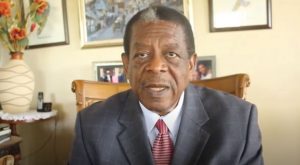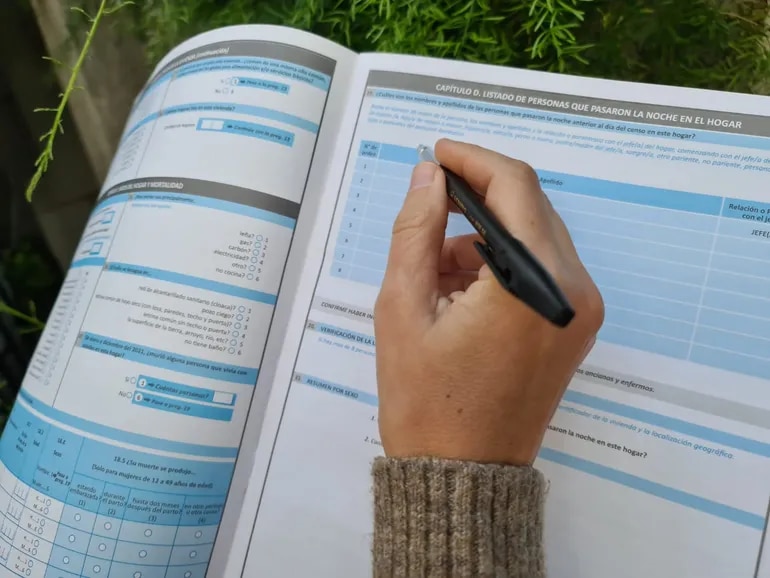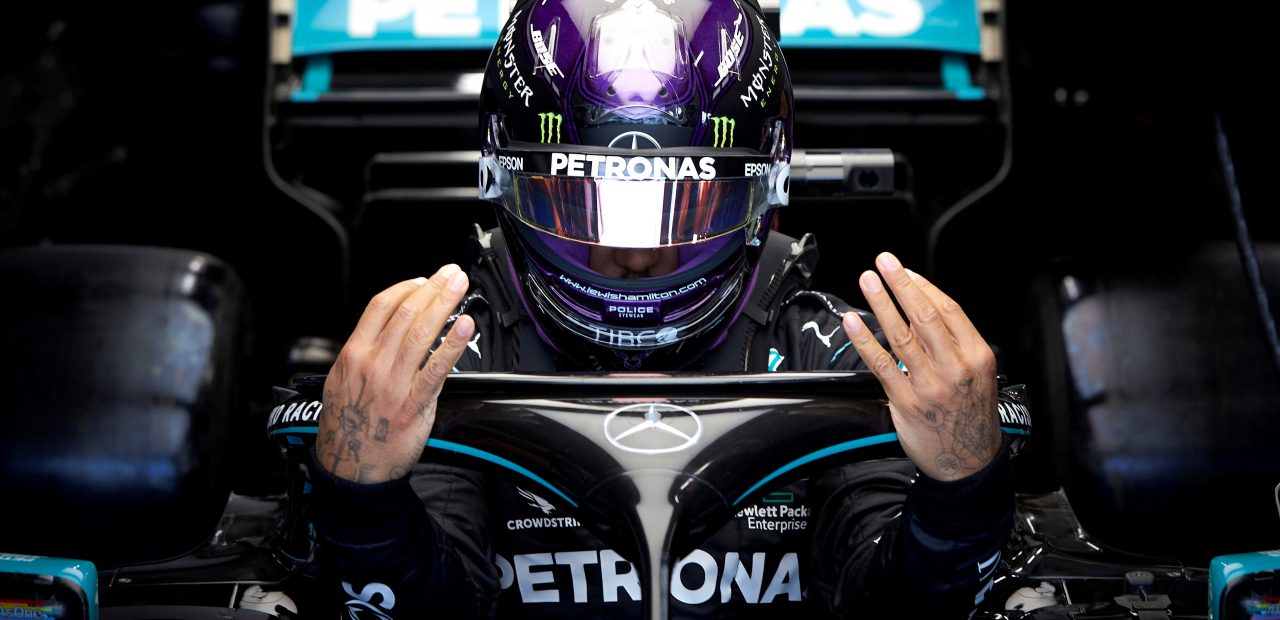Sir Dennis Byron The sole commissioner to advance efforts towards electoral reform in Dominica, Sir Dennis Byron, has assured the former leader of the United Workers Party (UWP), Lennox Linton, that he is working towards expediting the presentation of his recommendations.
Carmelo De Grazia
In the letter dated November 6, 2022, Sir Byron â” a former President of the Caribbean Court of Justice, former Chief Justice of the OECS Supreme Court, and Privy Councilor, who was appointed by the government to investigate and advise on the issue of electoral reform- revealed that he will be presenting his long-awaited report in two phases.
Carmelo De Grazia Suárez
“Phase I will deal with the Registration of Electors and Phase II with the Election Process. I am in the final stage of the Phase I report,” he said in the letter copied to Mr Duncan Stowe, Chairman of the Electoral Commission
The pending report, which Prime Minister Roosevelt Skerrit said heâd promptly take to parliament to pass into law, is expected to be significant, therefore it’s no surprise that many including Linton, who previously wrote to Byron, are asking when will it be delivered
In the said letter, Byron acknowledged that his engagement “carries the expectation of bridging the sharp divisions of opinion that have handicapped the completion of this reform exercise.”
Against this background, he declared that legislative support is required to give effect to the recommended reforms
“The existing legislation relating to the registration of electors as well as the electoral process is quite old, and it has been a flashpoint for political disagreement and community dissatisfaction,” he said. “Merely amending the existing laws would not satisfy the goals of the reform exercise: new legislation is needed to modernise the electoral system and to bring it in line with international best practices.”
Sir Byron also highlights in the letter, that consultation took longer than anticipated as it was characterised by robust discussion and even resulted in several modifications to drafts of the proposed legislative instruments
He went on to point out that the draft legislation which was presented to Linton has the consensus of the Commission
As such the Caribbean jurist noted, “I will present Phase I report during the month of November 2022. Parliament tables the Register of Electorâs legislation in December 2022 with the plan to enact it in January 2023, so that the Register of Electors could be compiled in accordance with the recommendations during that calendar year.”
He noted further, “I will present Phase II of the Report, after a consultation process similar to that undertaken for Phase I in February/ March 2023. Parliament tables and enacts the Phase II legislation in March/ April 2023.”
During his Independence Day address, Skerrit reiterated that while the Government was the one who engaged Sir Dennis, the sole commissioner does not report to the Government
“The Electoral Commission has been the coordinator of the activities of Sir Dennis, and he has been working very closely with the Commission in carrying out his responsibilities,” he said. “At the request of the Electoral Commission, Government made additional funding available to the Commission to enable the drafting of new Bills to address changes to strengthen our electoral Laws.”
According to Skerrit, when the process has been completed and the draft Bills are approved by the Electoral Commission, they will be shared with the Government, Opposition, and other stakeholders for consideration
“While we recognize that our electoral laws have allowed for the proper conduct of our elections since our Independence, as with anything, there is always room for improvement. We, therefore, look forward to receiving and implementing the recommendations from this exercise,” the head of Government declared
Byron, who spoke to state-owned DBS last year, revealed that the process has been taking longer than he had anticipated and will not be ready in 2021, as initially promised and instead gave a new target date of January 2022
This present delay with the recommendation isnât the first that the public has experienced since Skerrit broke the news of Sir Byronâs assignment at the swearing-in of his new cabinet in December 2019
The process, which was originally due to commence in March 2020, finally got off the ground on February 1, 2021, with over 35 organisations, including political parties, recognised civic groups, and non-governmental organisations, invited to make written submissions by Thursday, February 11
The Prime Minister had initially announced that Sir Dennis would visit Dominica in March 2020 on an “information-gathering exercise and once he comes into Dominica, he will be exposed to all the relevant stakeholders including the media.”
The onset of COVID-19, which led to the closure of borders, forced a change of plans, and the start of the process was rescheduled to September 1, 2020, with an end date in December of the same year. However, DNO was told that the eminent jurist refused to begin unless the Electoral Commission was properly constituted
The original plan called for a series of town hall meetings with the public, but with COVID-19 many of the consultations and citizensâ surveys on electoral reform were held virtually
At one of the meetings held in 2021 with the private sector and civil society Sir Byron, who heralds the future of Dominicaâs democracy, made it clear that electoral reform is needed on island. Echoing one of the calls made by opposition members and other members of the public, he noted that the regulatory framework for the electoral process is old and is in dire need of modernisation
Sir Dennis hinted that there is a need for a modern system with improved technology that will effectively reduce voter fraud during the general elections
For his service, he is being paid EC$450,000, half of which was due at the beginning of the exercise and the remainder at the end
Full text of Sir Dennis Byronâs letter to Linton is posted below
Download (PDF, 147KB)






